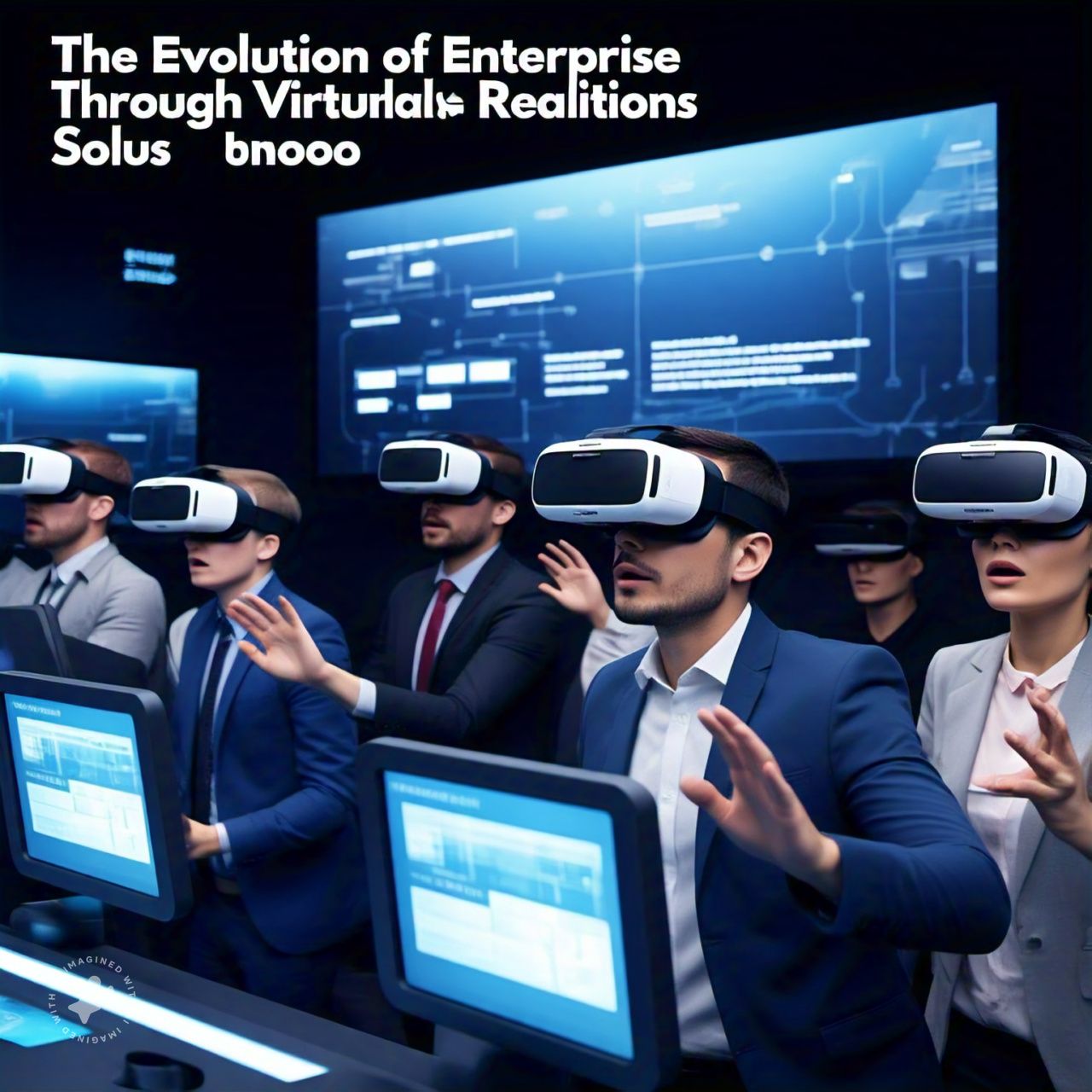Virtual reality has revolutionized corporate training, transforming traditional learning methods into immersive, hands-on experiences. This technological shift enables organizations to deliver highly effective training while reducing costs and improving safety.
Manufacturing companies now train workers on complex machinery without risking equipment damage or personal injury. Workers practice maintenance procedures and emergency responses in virtual environments that perfectly replicate their actual workspaces. This approach significantly reduces training time while improving knowledge retention.
Healthcare providers utilize VR for medical training, allowing practitioners to practice complex procedures without risk. Surgeons rehearse operations, nurses practice emergency responses, and medical students learn anatomy through interactive 3D models. These simulations provide valuable experience before working with actual patients.
Safety training has become more effective through VR implementation. Construction companies create realistic scenarios for height safety training, while mining operations simulate underground emergencies. Workers experience dangerous situations safely, developing crucial response skills without exposure to actual risks.
The cost benefits of VR training are substantial. Organizations reduce travel expenses, equipment costs, and facility maintenance needs. Virtual environments can be updated quickly to reflect new procedures or equipment, ensuring training remains current without additional physical resources.
Data analytics capabilities within VR systems provide unprecedented insights into training effectiveness. Organizations track individual performance metrics, identify common challenges, and adjust programs accordingly. This data-driven approach enables continuous improvement of training materials.
Remote training capabilities have expanded significantly. Teams across different locations participate in shared virtual environments, practicing collaboration and communication skills. This feature proves particularly valuable for global organizations needing consistent training delivery.
Corporate onboarding benefits from VR’s engaging nature. New employees explore virtual office environments, practice job tasks, and learn company procedures through interactive experiences. This approach accelerates integration while ensuring consistent knowledge transfer.
Looking ahead, VR training solutions will continue evolving with advances in hardware and software capabilities, offering increasingly sophisticated and effective learning experiences.









